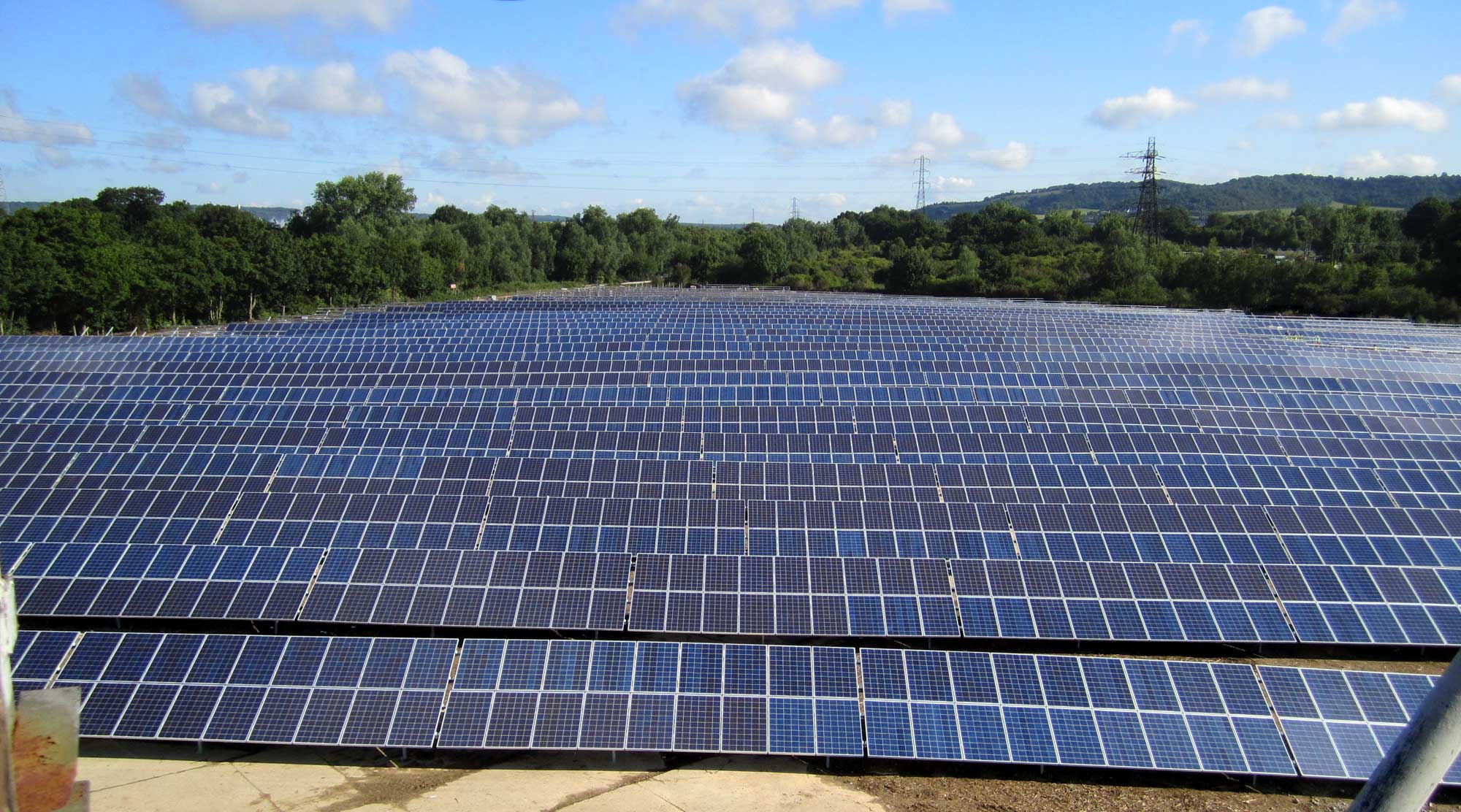Solar power is a marvellous success story of the 21st century. Not only is it making a tremendous contribution to helping the world go green, but it’s also changing the way in which households and businesses across the world access and use energy. With solar power, it’s possible to pursue a future where energy use is no longer strictly centralised, and instead far more decentralised. This change brings with it the potential for an array of new offerings in the energy space to open up to the masses.
But, while solar is terrific, it also has one particular challenge surrounding its use at present. Those who know about how solar works know how fantastic it is, but many people are yet to have the chance to learn as much as they’d like about it. That’s why now is a good time to look in-depth at the key ins and outs when it comes to solar power.
A Lean and Green Future
As distinct from fossil fuel sources like coal and gas, the operation of a solar power system won’t generate huge amounts of pollution. Solar power is environmentally friendly to operate. With the world needing to have its electricity sources go green – and reduce emissions via this shift – in the quest to stop the worsening effects of climate change, solar power is a tremendous technology to help advance this goal.
In addition to its clean and green operation, solar power is also cheap to run. This is a very significant fact, because the progress of renewable energy was stalled for some years, owing to critics suggesting it would be more expensive, and not as effective, as traditional fossil fuel sources. But in fact, it is now commonly seen that fossil fuel sources like an old coal plant, can cost more to maintain. Furthermore, fossil fuel sources can be less efficient in output, in comparison to a solar system that is providing clean and green energy via brilliant renewable technology.
Solar’s Energy Source is Endless
It’s known that utilising fossil fuel sources for energy is bad for the environment. It’s clear that solar power can be just as efficient – if not much more so – in comparison to a fossil fuel source. This said, there is also another huge advantage that solar possesses in comparison to fossil fuel sources. By virtue of sunshine being what is required for the creation of energy, a solar power system has an essentially endless supply of matter on hand to generate power.
This is a significant advantage solar power has now, and will continue to hold in future. By contrast, fossil fuel sources are ultimately finite. Yes, given the history of the fossil fuel industry, it may seem like there is an endless supply of the matter that energy generators like coal plants need to operate. But in reality, such resources will run out well before the world’s share of sunshine ever does!
Building a Better Future with Batteries
For many years, one of the criticisms of renewable energy that advocates for fossil fuels sought to raise was the perceived inability of renewable energy to store energy. Typically, a line of critique would question ‘what happens when there is no sunshine or wind?’. Sure, it’s no secret that presently solar panels essentially generate energy exclusively during the day (though promising research has occurred on solar systems that can generate energy at night). But even so, this isn’t a barrier to solar’s uptake or ongoing use. This is because it’s easy for a solar system to generate an excess amount of energy during the day in comparison to what is currently needed. This already happens in so many homes across the world each day, where there is comparatively little use of home electricity going on while people are out. but the home’s rooftop solar system is generating the greatest amount of energy. This is where batteries come into the picture.
Batteries will allow for the storage of excess renewable energy on a global scale. Batteries are already in use with lots of solar systems around the world. The world going green will require the ongoing deployment of batteries alongside solar systems, and it will take some time for many projects – like huge solar farms with batteries – to make their way into existence. Nonetheless, this is another illustration of how we can succeed with solar right now and in the future.
Helping End Conflicts Where Energy Sources Play a Role
European nations, as well as others globally, support Ukraine. However, their reliance on Russian fossil fuels hinders their ability to cut trade in response to the invasion. This dependence underscores the strategic vulnerability of countries reliant on foreign energy sources. Although some European nations have reduced Russian fossil fuel imports, they haven’t completely severed ties. Faster progress in renewable energy goals in previous years could have reshaped their dynamic with Russia today.
The past can’t be changed, but it can help offer a new pathway in the future. Solar can help make all nations energy independent, and put an end to fossil fuel sources playing a role in conflicts. Ultimately, while many factors informed the outbreak of the Ukrainian conflict, the reality is greater pressure could’ve been applied on Russia to cease hostilities if European nations were not so reliant on it for fossil fuel resources. Thus, it’s in the interest of all peaceful nations to pursue a policy of energy independence, and solar power can be a critical component in this regard.
The Visibility Factor
Another advantage of solar power is its visibility factor. While other renewable technology like wind power is certainly visible, due to the nature of their requirements, wind turbines are not going to become a common sight across typical cities and suburban neighbourhoods around the world. In one sense, this can mean the use and benefits of renewable energy can unfortunately be, ‘out of sight, out of mind’ to some, just as the harm caused by the ongoing use of fossil fuel sources like a coal power plant may not be apparent to those who live far from one.
With solar power it’s different. While like wind turbines it’s the case that solar farms need a great deal of space to operate, when it comes to regular rooftop solar systems, they can (as the name implies) easily fit across the rooftop of a regular home or business. The visibility factor of solar power isn’t the most critical feature of the technology, but it’s an important one nonetheless. As more and more rooftop solar systems make their way onto rooftops, it increases the visibility and consciousness of renewable energy among the general public. This can help encourage new endeavours to help the world go green, especially by increasing interest in acquiring a rooftop solar system among those households yet to have one.
In Summary
There is a great deal of hype around solar power and its future – and rightfully so. As discussed here, solar power has already brought some immense benefits and profound changes to our world, and ultimately, it’s just getting started. But, in order to understand – and be excited! – about the path ahead, it’s essential to understand what makes solar special.
In a nutshell, as a renewable and environmentally friendly source of energy, solar power offers our world the opportunity to maintain (and increase) our needs for energy use, never run out of supply, and proceed on down this path without causing harm to the environment like how fossil fuel sources do. Furthermore, solar power also has low operating costs, can bring many improvements to the way in which our energy grids are run by using batteries, and can even help put an end to geopolitical instability caused by resource shortages and conflict. In sum, it is time for solar power!


